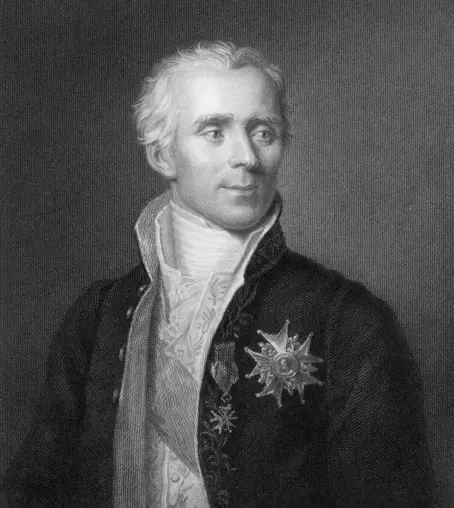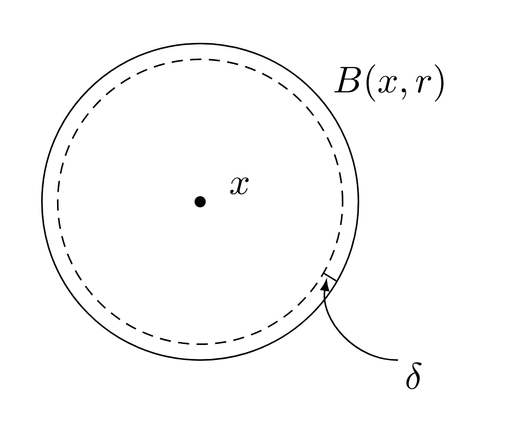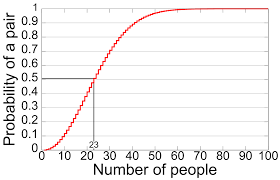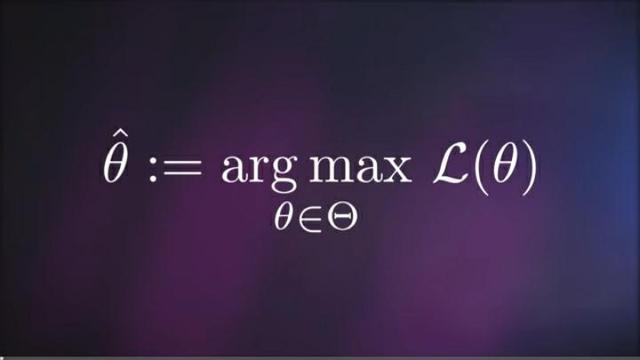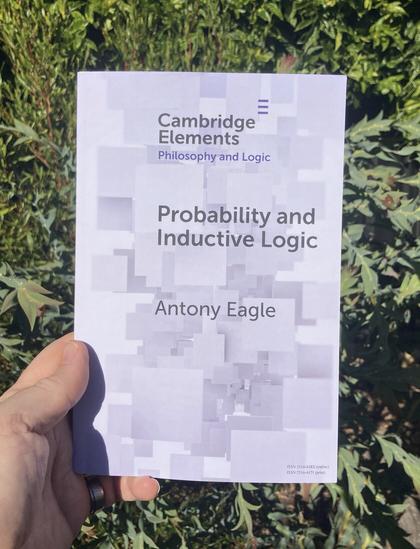Happy Birthday, Laplace!
"One sees in this essay that the theory of probabilities is basically only common sense reduced to a calculus. It makes one estimate accurately what right-minded people feel by a sort of instinct, often without being able to give a reason for it. It leaves nothing arbitrary in the choice of opinions and of making up one's mind, every time one is able, by this means, to determine the most advantageous choice. Thereby, it becomes the most happy supplement to ignorance and to the weakness of the human mind. If one considers the analytical methods to which this theory has given rise, the truth of the principles that serve as the groundwork, the subtle and delicate logic needed to use them in the solution of the problems, the public-benefit businesses that depend on it, and the extension that it has received and may still receive from its application to the most important questions of natural philosophy and the moral sciences; if one observes also that even in matters which cannot be handled by the calculus, it gives the best rough estimates to guide us in our judgements, and that it teaches us to guard ourselves from the illusions which often mislead us, one will see that there is no science at all more worthy of our consideration, and that it would be a most useful part of the system of public education."
*Philosophical Essay on Probabilities*, 1814 <https://doi.org/10.1007/978-1-4612-4184-3>


